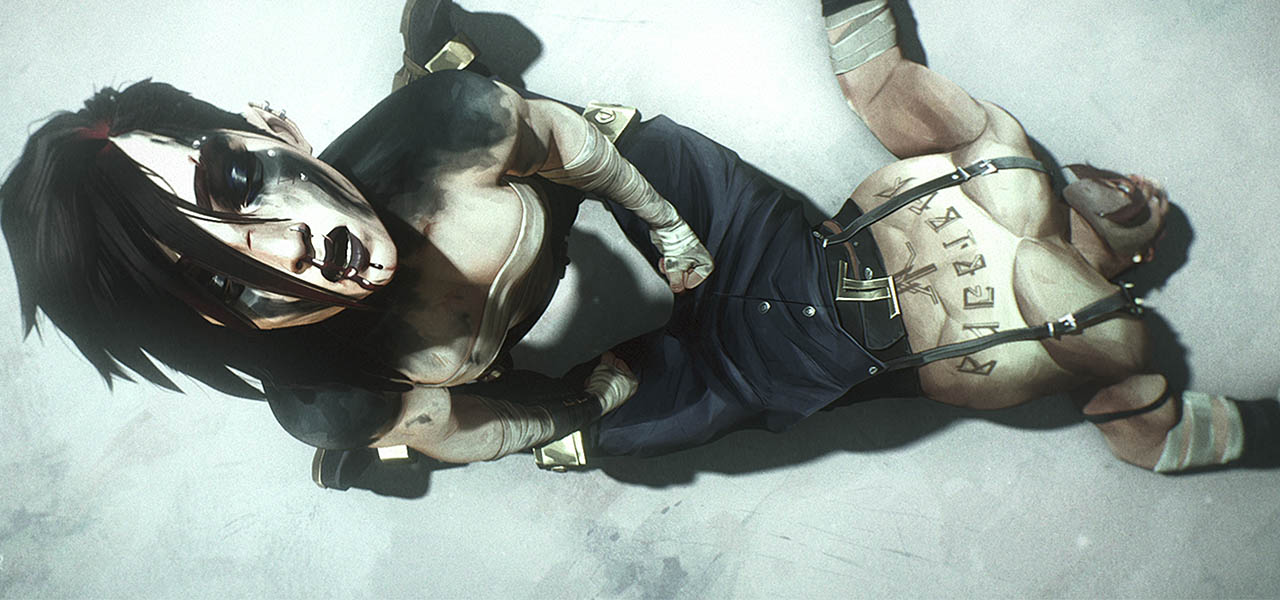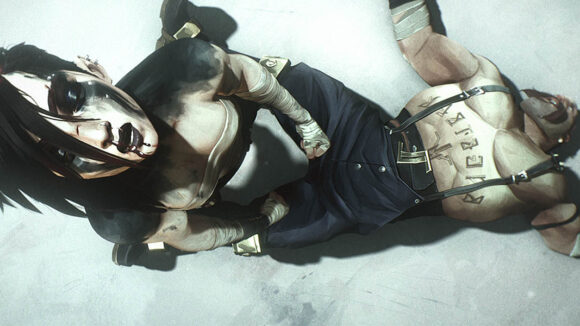

New Report Claims That ‘Arcane’ Is The Most Expensive Series In Animation History
Riot Games’ Arcane animated series cost nearly $14 million per episode to produce and market, making it very likely the most expensive series in animation history.
As a result of the exorbitant production costs, the second season of Arcane, which premieres on Netflix this week, will be its last, even though the show was originally intended to have a five-season arc.
Details on the show’s financials arrive via a report in Variety that pegged the total cost of the show’s 18-episode two-season run at $250 million. Per the story, the first nine-episode season exceeded $80 million, while the upcoming season cost closer to $100 million. On top of that, Riot spent $60 million of its own money to promote the first season of Arcane, which according to Variety, was “exponentially more than a studio would typically spend for a show it isn’t distributing — and far more than Netflix itself spent.”
The big spending did result in Arcane winning nine Annie Awards, as well as becoming the first streaming series to win the Emmy for outstanding animated program. But those honors don’t appear to have justified the show’s high price tag, which insiders said ballooned due to a “labor-intensive approach” and “delayed script deliveries,” as well as the gaming company’s inexperience in linear entertainment production. (For the record, the series is produced by French animation studio Fortiche.)
The series will likely end up losing money for Riot. Netflix is said to have paid Riot a $3 million per episode license fee for worldwide distribution rights, excluding China, where Riot’s parent company Tencent distributes the series. Tencent is paying an additional $3 million per episode.
Responding to the trade publication’s story about Arcane’s budget (Riot did not confirm the specific numbers offered in the Variety piece), Riot co-founder and chief product officer Marc Merrill defended the cost, writing, “We’re more than comfortable with the spend it took to deliver a show that was worthy of our players’ time.”
Merrill added:
Our ambitions in entertainment haven’t changed. We were never intending to operate like a traditional studio with traditional timelines. What did change as we learned more was our expectations of ourselves: We realized that getting it right takes a lot more time than we’d originally expected, and so we recalibrated our development, output goals and teams with that in mind.
The Variety report is worth a read as it dives deep into Riot’s stalled-out plans to expand into entertainment production and its decision to refocus on gaming, where it already generates billions in revenue through its League of Legends multiplayer online battle arena game.


